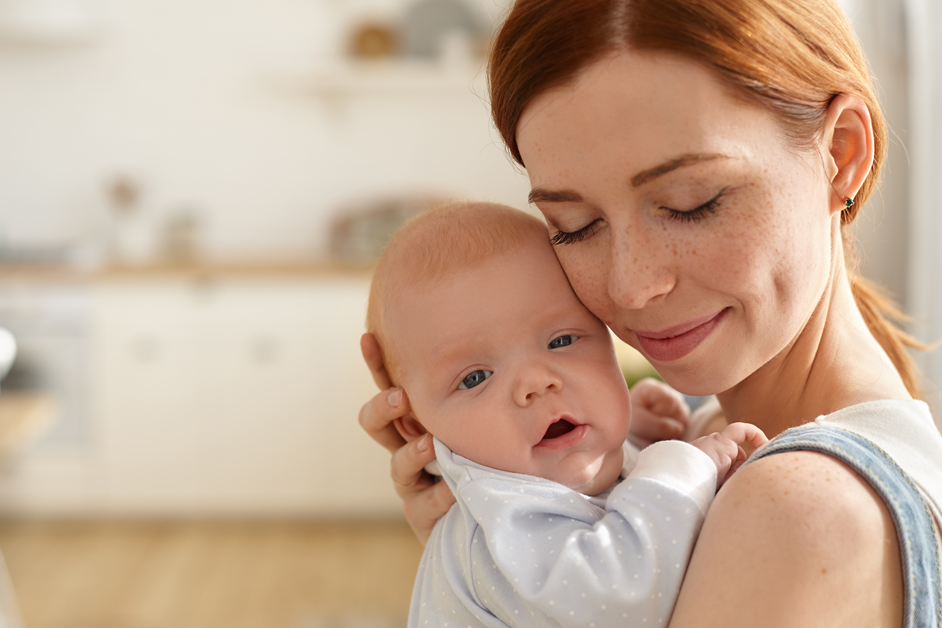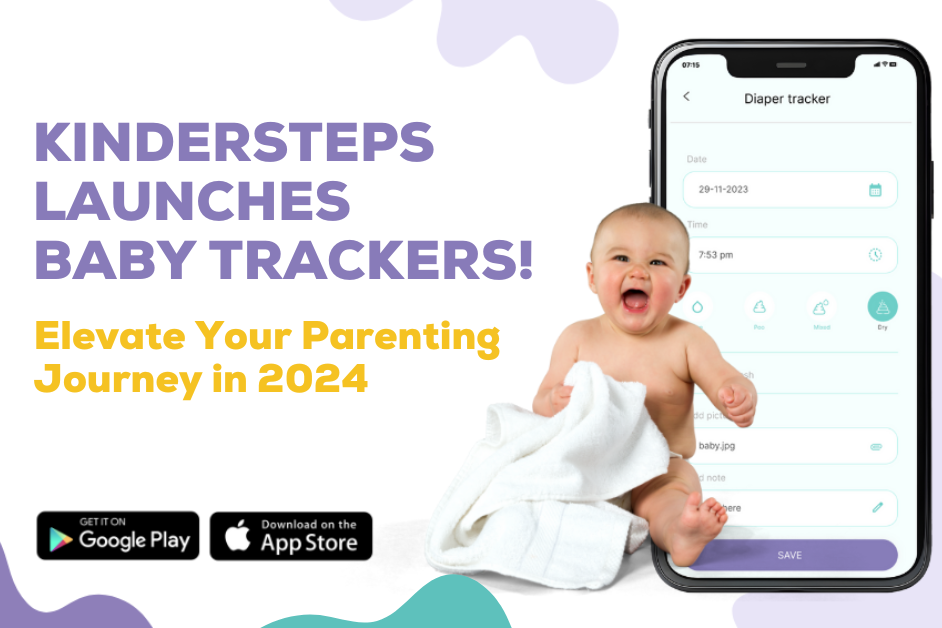You might be wondering “when will my baby talk?’’ The strategies listed in this article are easy to incorporate into playtime and daily routines.So get ready to help your little one blossom into a strong and confident communicator!
However, before we get into the strategies, we need to understand why language development is an important step in child development.
Language development supports your child’s ability to:
- Think and learn.
- Solve problems.
- Express and understand their innermost thoughts and feelings.
- Develop and maintain lasting relationships.
- Sing with the baby - often you might have noticed that while you sing lullabies to your little ones they sing with you, no matter whether you are a good singer or a bad singer try to sing to the baby or you can use musical instruments as well because it helps in the language development in infants or toddlers.
- Use simple languages - your babies have just started learning languages don’t confuse them by mixing jargon into the conversation, however, in a study, it was found that bilingual children learn languages faster than monolingual children.
- Encourage baby babbling - Try talking back to the babies when they babble, this encourages them to vocalize more. When you talk to your child, you support her language development.Try engaging your babies to talk more, and build curiosity in them.
- Develop curiosity - when your baby is interested in something he or she becomes highly motivated to talk about it, and that’s the best possible time to talk, you are making it easier for your baby to map new words to their meanings.
- Read to your baby - we have cute little interesting stories that you can read to your little ones coming up on our app kindersteps, be sure to check it out.
- Socialize your toddler - one of the easiest methods for language development for any age is by socializing or communicating with others. We know how awkward things can get when your baby gets stranger anxiety while trying to socialize, we have a separate blog on that to help you through it.
- Word games - help children to focus on the sounds and the letters and also help in developing the skills needed for writing, reading, and spelling.
- Puzzles - helps children to develop hand-eye coordination and fine motor skills.
- Tongue twisters - helps children to focus and pay attention to the words and have also been proven to clarify the pronunciation of words.
- Storytelling - aids in the neurological development of a child, encourages creative thinking and imagination, improves vocabulary, and develops literacy.
- Rhymes - helps children in memorizing and also help in the development of language in young toddlers, it helps them in knowing how language works.
- Naming objects - help children in recognizing and memorizing objects faster.
- Riddles - it helps kids to listen to the sound of words, understand that some words have more than one meaning and how to manipulate words.
- Rhymes - it helps language acquisition and speech development and also helps a child’s brain segment words into syllables, and hear similarities between words that rhyme or start with the same sounds.
- Reading - stories that rhyme is very helpful for teaching speech and language skills, it helps them to increase their exposure to language and thereby discover a love of language.
- Songs - it slows down and provides rhyme and repetition which helps children to develop their awareness of relationships between letters and sounds.
Our parenting app, Kindersteps has over 1500+ daily recommended play-to-learn activities that support every facet of his/her development.






.jpg?alt=media&token=166b64a9-274c-400c-95e4-baf0013e7e43)
